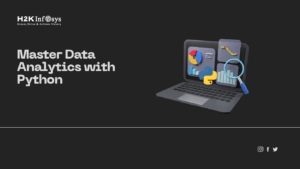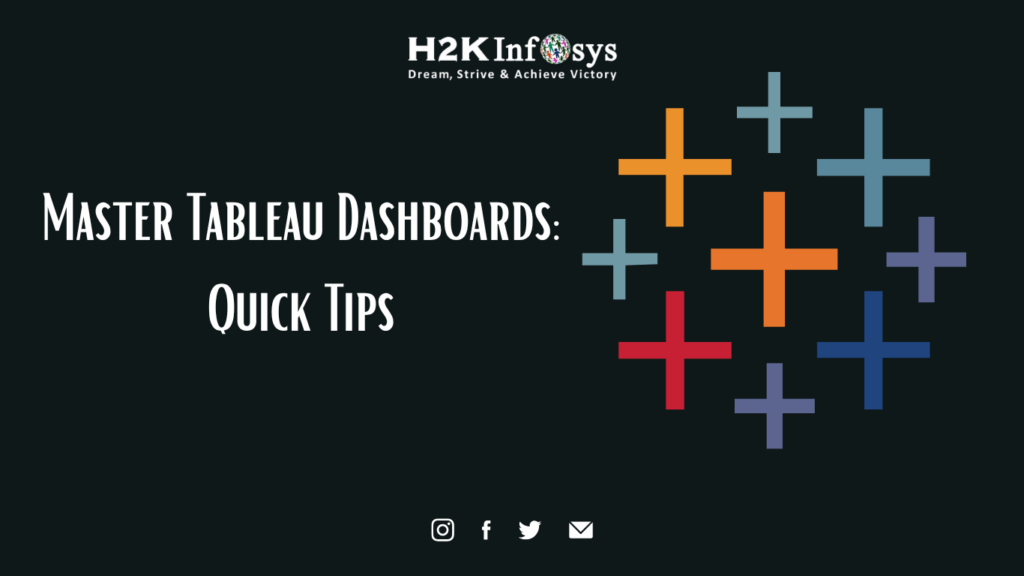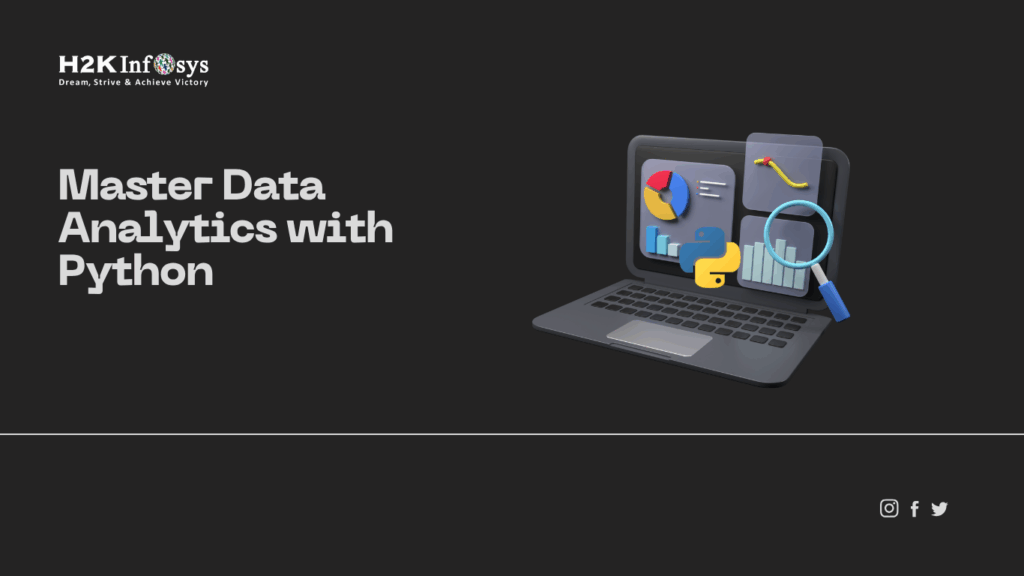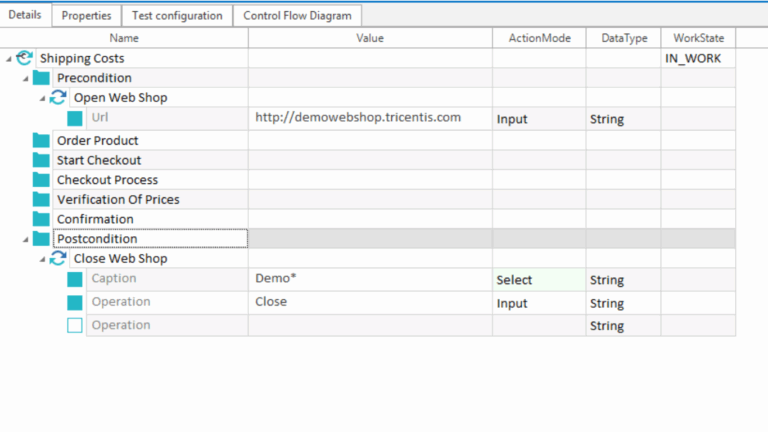What was once only a fantasy of the creative mind of a portion of our most well-known sci-fi authors, AI (Artificial Intelligence) is flourishing in our regular daily existences and tasks. While we are as yet a couple of years from having robots available to us no matter what, Artificial Intelligence has already had a significant effect in more unobtrusive manners.
Climate figures, email spam filtering, Google’s search calculations, and voice acknowledgment, for example, Apple’s Siri, are all existing Artificial Intelligence applications to support the statement. What do all these tools have in common?
Well, all these are designed with the use of algorithms with one end goal: enabling the machines to work for, and at times, as humans. That is precisely mean How to Get Started with Artificial Intelligence.
With that said, it is safe to say that we all, knowingly (as creators) or unknowingly (as users), are walking alongside the future of Artificial Intelligence. Furthermore, as per Gartner, AI is proclaimed to make 2.3 million jobs before the completion of 2020, driving a net gain of 500,000 possibly new openings. What is more, in the light of the COVID-19 associated predicament, openings for work for AI creators will undoubtedly observe a sharp ascent. Therefore, to match the upcoming occurrences concerning AI, it is essential to understand how to get started.
Solidify The Background
In order to get started with new concepts such as Artificial Intelligence, one must re-associate themselves with the basic skills required, and for some, already acquired, to ensure the expertise is built on a strong foundation.
- Language: The primary thing that you have to do is to become familiar with a programming language. Despite the fact that there are a lot of languages that you can begin with, Python is the one that many like to begin with in light of the fact that its libraries are more qualified for helping you to move further concerning AI and ML (Machine learning).
- Mathematics: Artificial Intelligence boils down to straight variable based math. You need at least some essential information on calculus and analytics for training neural networks. Moreover, there are a couple of more concepts that you should add to the rundown, for example, probability and statistics.
Narrow it Down to The Topic(s) Which Interests You
To start with, select a point that is truly fascinating for you. It will assist you with remaining spurred and associated with the learning cycle. Furthermore, rather than just inactively finding out about all that you can discover on the web, center around a certain problem, and work for finding an answer for the same. To do so, you may
- break your problem down into little parts,
- slender your focus,
- and recognize the particular resources and tools that you’ll have to tackle the particular problem.
Learn by Practical Application
As a beginning, work on a simple problem. Experiment with different methodologies for tackling algorithmic dynamics while attempting to solve the same. There on, pick various problems and follow similar strides for each problem.
Supposedly, if you’ve begun with a data-centric problem, your next selected problem should be the one that includes working with graphics or unstructured content. Next, level up your insight by improving your solutions. Experiment with redesigning different parts and screen the subsequent change.
Some suggestions to start the practical approach with:
- APIs and instruments that offer the capacity to create end-client applications.
- Begin learning how to make bots in Python
- Composing the AI code for existing or new gaming applications
With that being a beginner’s guide to AI, it is also essential to make sure you are acquainted with other technologies that are required to excel in the field of Artificial Intelligence. Some of these technologies are directly associated with AI, such as Deep Learning and Machine learning.





























